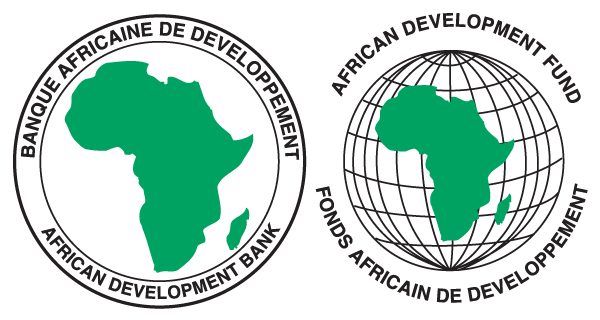
Zimbabwe is among 11 countries on the continent that are up to date in rebasing its Gross Domestic Product (GDP) and the African Development Bank (AfDB) is working with the remaining 43 nations to undertake a similar exercise, the bank’s chief economist Mthuli Ncube has said.
BY NDAMU SANDU IN MAPUTO
Rebasing of national accounts is a process of replacing the old base year used to compile volume measures of GDP with a new and more recent base year or price structure.
A measure of the market value of all officially recognised final goods and services produced within a country in a given period, GDP also signals the direction of economic growth and welfare. It is internationally recognised as an indicator to measure the size of the economy in a given time period.
Countries with up to date GDP rebasing are Cape Verde, Egypt, Ethiopia, Djibouti, Guinea, Malawi, Nigeria, Sao Tome, Togo and Zambia.
The push by the AfDB for countries to rebase its GDP comes on the back of estimates that the continent’s GDP was undervalued by 30%. “The rebasing will see Africa’s GDP rise by 30% to about US$2 trillion from the current US$1,5 trillion. It will change the perception of investors if the economy is larger,” Ncube said on the sidelines of a two-day International Monetary Fund Africa Rising Conference.
He said some countries — Benin, Central Africa Republic, Comoros, Congo Republic, Libya, Madagascar, Mali, Somalia and Sudan — were using a base of 1980 to 1990 and have to change to the new levels. The UN Statistical Commission recommends that countries rebase every five years.
Nigeria recently rebased its GDP which made the West African nation the biggest economy with a GDP of US$509 billion overtaking South Africa on US$370 billion.
- Chamisa under fire over US$120K donation
- Mavhunga puts DeMbare into Chibuku quarterfinals
- Pension funds bet on Cabora Bassa oilfields
- Councils defy govt fire tender directive
Keep Reading
The base year provides the reference point to which future values of the GDP are compared.
It is a normal statistical procedure undertaken by the national statistical offices of countries to ensure that national accounts statistics present the most accurate reflection of the economy as possible.
According to the Nigerian Bureau of National Statistics rebasing results in policymakers and analysts obtaining a more accurate set of economic statistics that is a true reflection of current realties for evidence-based decision making.
It said that rebasing would reveal a more accurate estimate of the size and structure of the economy by incorporating new economic activities which were not previously captured in the computational framework.
Rebasing also gives governments a better understanding of the structure of the economy, an indication of sectoral growth drivers, sectors where policies and resources should be channelled in order to grow the economy, create jobs, improve infrastructure and reduce poverty, it said.











